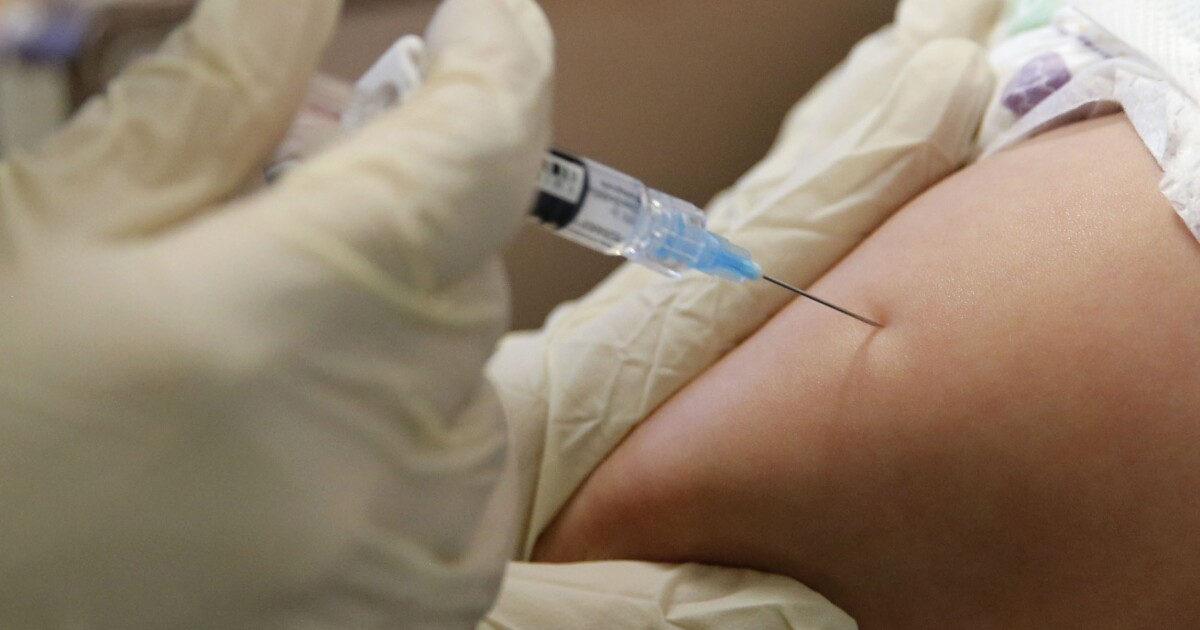

Parents of kindergarten children have increasingly sought vaccination exemptions nationally since 2012.
The Centers for Disease Control and Prevention released the estimate for the 2022 exemption rate, showing that it was at a national median of 2.7%. In 2012, it was 1.4%, in 2019 it was 2.6%, and in 2020 it was 2.5%, and it has since remained above that rate.
FOOD STAMPS: TEXAS SNAP PAYMENTS FOR SEPTEMBER WORTH UP TO $1,691 TO BEGIN IN EIGHT DAYS
According to the latest data, Idaho has the highest rate of exemption at 9.8%, with Utah trailing behind at 7.4% and Oregon rounding out the top three at 7%. All three states allow for personal belief exemptions.
There were three states tied for the lowest rate at 0.1%, including Mississippi, New York, and West Virginia. Mississippi allows for religious exemptions; however, New York and West Virginia do not offer nonmedical exemptions. All states include a medical exemption, but these two states are in the minority in not allowing personal exemptions.
Children are required to receive vaccines such as the measles, mumps, and rubella shot in order to enroll in public schools. The COVID-19 vaccine, however, is not a requirement. Washington, D.C., however, has implemented a coronavirus vaccine mandate for student-athletes, effective since September 2021.
“A study of schoolchildren with nonmedical exemptions found that 75% of these children had received at least one vaccine previously,” the CDC site reads. “Additionally, over the past several years, vaccination coverage measured using data from the National Immunization Survey indicate that <1% of children 19–35 months received no vaccines of any type.”
CLICK HERE TO READ MORE FROM THE WASHINGTON EXAMINER
The CDC estimates that 4 million lives are saved every year by vaccinations received as a child.
However, 1 in 5 children around the world do not have access to vaccines, which includes 25 million children under the age of 1 who did not receive basic vaccines in 2021. That was an increase of 6 million from 2019.





